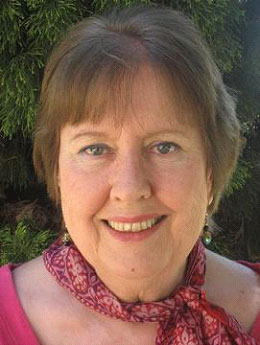
Ian Berry
The Association for Sustainability in Business Inc. is a Non Government, Not-For-Profit Organisation (IA 38885). The Association is not a lobby group, we aim to educate, and keep our members up to date with the latest trends, information, training and B2B opportunities while encouraging profitability and competitiveness.
The conference program is available on the website and will feature over fifty (50) presenters.
Ian Berry, Sparkenator will open the Conference
A sparkenation is a spark that ignites passion that leads to action that changes what’s normal. The author of Changing What’s Normal, Ian will ignite this conference before, during, and after his presentation.
Online Registration is available on the conference website.
Special Early bird Registration ($675) is available to members of the following organisations;
* Association for Sustainability in Business Inc.
* The International Society of Sustainability Professionals
* The Sustainable Energy Association
* The Australian Association for Environmental Education
* Local Government and Shires Associations
* Australian Chamber of Commerce and Industry
Free wireless internet will be available to all delegates, sponsors, exhibitors and presenters at the conference and free broadband internet access in accommodation rooms. This will assist with B2B information exchange and networking.
Full registration also includes all sessions, morning teas, lunches, afternoon teas, conference materials including handbook and the ‘Welcome’ networking cocktail function.
I hope to meet you in May.
Knd regards
Angrela Green
Association Secretariat
The Association for Sustainability in Business Inc
Phone: (61 7) 5502 2068 | Fax: (61 7) 5527 3298
” Sustainability is the single biggest business opportunity of the 21st century.” – Will Day, chairman of the UK’s Sustainable Development Commission
Like this:
Like Loading...
 This year’s conference will see the formation of a Special Interest Group (SIG) to identify issues of importance to members and delegates for further examination and debate in 2012/13.
This year’s conference will see the formation of a Special Interest Group (SIG) to identify issues of importance to members and delegates for further examination and debate in 2012/13.

